1. Experiência melhorada
A mudança da versão 2 para a versão 3 do OJS, implementada pela equipe de desenvolvimento do PKP, foi muito significativa. Podemos dizer, praticamente, que um novo software foi desenvolvido, implementado com tecnologias, linguagens e técnicas modernas, alinhadas com o que há de mais recente e utilizado na web. Toda essa mudança representa um grande ganho na experiência dos usuários do sistema.
O OJS 3 ganhou uma nova interface exclusiva para o ambiente editorial. Agora, além da interface de navegação, que chamamos tecnicamente de frontend, aquela em que os visitantes acessam e navegam pelas publicações da revista, há uma interface exclusiva para os usuários do sistema - autores, avaliadores e editores, chamado de backend. Essa interface será a mesma em qualquer revista que utilize o OJS 3 no mundo, independente do tema utilizado por ela em seu frontend, proporcionando assim uma experiência homogênea em qualquer revista que utilize a plataforma. Na versão 2.x, os dois ambientes, frontend e backend, compartilhavam a mesma interface definida pelo tema ativo no sistema, o que nem sempre era algo positivo.
2. Fluxo editorial flexível
O fluxo editorial também recebeu melhorias relevantes. Na versão 3 do OJS, o fluxo conta com 4 etapas:
- Submissão, onde as novas submissões são tratadas (rejeitadas, atribuídas aos editores de seção, etc.);
- Avaliação, onde a revisão por pares e as revisões do autor ocorrem;
- Edição de texto, onde o manuscrito aprovado na avaliação é tratado (revisão ortográfica e normativa, por exemplo);
- Editoração, onde a versão final editada é preparada para layout, em formato para publicação definitiva.
A nova versão do OJS permite maior flexibilidade na categorização de seus artigos. Enquanto na versão 2 o editor ficava limitado a direcionar o artigo a apenas uma seção, a nova versão permite que, além da seção em que é publicado, o artigo seja atribuído em categorias segundo critérios adotados pelo editor. Tal possibilidade permite a criação de coleções temáticas de maneira facilitada e orgânica.
Uma nova funcionalidade disponível também no fluxo editorial são as Discussões. Na nova versão, é possível que os usuários envolvidos em cada uma das etapas possam criar discussões, selecionando também os participantes, para tratar questões específicas daquela respectiva etapa.
3. Traduções
O preenchimento do formulário de metadados da submissão em mais de um idioma poderia ser uma tarefa cansativa ou, em muitos casos, esquecida pelos autores na versão 2.x do OJS. Para informar idiomas adicionais no formulário de metadados, era necessário que o usuário preenchesse todos os dados dos autores e do manuscrito. Em seguida, deveria retornar ao inicio do formulário, alterar a opção de idioma em um campo específico e inserir novamente os dados.
Essa dinâmica tornava o preenchimento dos metadados da submissão uma tarefa cansativa e sujeita a erros. Na versão 3.x uma das melhorias de maior impacto na experiência de seus usuários foi a disponibilização de campos dinâmicos. Agora, ao selecionar um campo do formulário de metadados da submissão, bem qualquer outro campo do fluxo de submissão, uma "caixa" se expande com os campos de tradução correspondente.
4. Integrações nativas
Integrações importantes com serviços externos já possuem plugins nativos na nova versão do OJS. Isso significa que você não precisará procurar e instalar plugins relevantes para sua revista, como o plugin de DOI ou OrcID, mas apenas habilitá-los nas configurações de sua revista. Esses dois plugins, aliás, estão com funcionalidades de grande valor para o seu periódico.
O plugin do DOI permite que seja atribuído um número DOI automaticamente. Nele você pode configurar o padrão de numeração, utilizando, por exemplo, o identificador da edição, do artigo, do ano em qualquer combinação desejada. Portanto, ao designar um artigo finalizado para publicação, o sistema informará o número DOI atribuído e você deverá apenas confirmar. Depois você só precisará informar o número DOI de cada artigo junto à plataforma da CrossRef. Mas há um caminho nativo ainda mais simples no sistema.
O plugin de OrcID permite que novos usuários cadastrem-se de maneira facilitada utilizando sua conta OrcID. Para a inclusão de co-autores, basta que a sua respectiva URL de OrcID seja informada para que ele receba uma notificação em seu perfil OrcID, podendo aceitar ou rejeitar a atribuição e adicioná-la automaticamente em seu perfil.
5. Segurança
O OJS é um software desenvolvido em PHP, uma linguagem de programação web básica para a execução das funcionalidades do sistema. Assim como os softwares, as linguagens de programação também evoluem e, periodicamente, são atualizadas para novas versões. Nessas duas realidades, versões antigas tornam-se vulneráveis a ataques, invasões e mal funcionamento.
Em 26 de novembro de 2020, o PHP lançou a sua versão 8. O OJS 3.0, lançado em agosto de 2016, só funciona a partir da versão 7 do PHP. Versões mais recentes do OJS, por exemplo, só funcionam a partir da versão PHP 7.3.
A maioria das instalações OJS 2.x rodam em servidores que utilizam o PHP 5.6. Esta versão já é considerada "morta", descontinuada e sem suporte de correções do projeto PHP. Isso significa que sites que utilizam as versões do OJS e PHP mencionadas correm risco de terem seus sites hackeados, que pode resultar em roubo de informações dos usuário, violação de dados, inserção de conteúdo malicioso, phishing, registro de usuários spam e até multas, de acordo com a legislação LGPD.
Portanto, atualizar o seu OJS não significa apenas melhor a experiência de uso de seus usuários e usufruir de novas ferramentas, mas significa também garantir a integridade do sistema e de seus dados.
Leia o post completo com imagens ilustrativas da nova versão do OJS em Periódico Eletrônico.
Ainda utiliza o OJS na versão 2.x e não sabe por onde começar? Solicite uma cotação conosco.


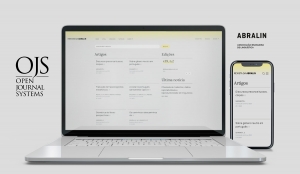
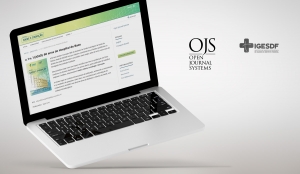
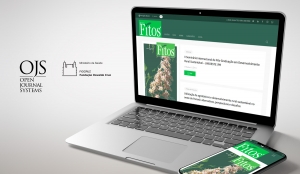

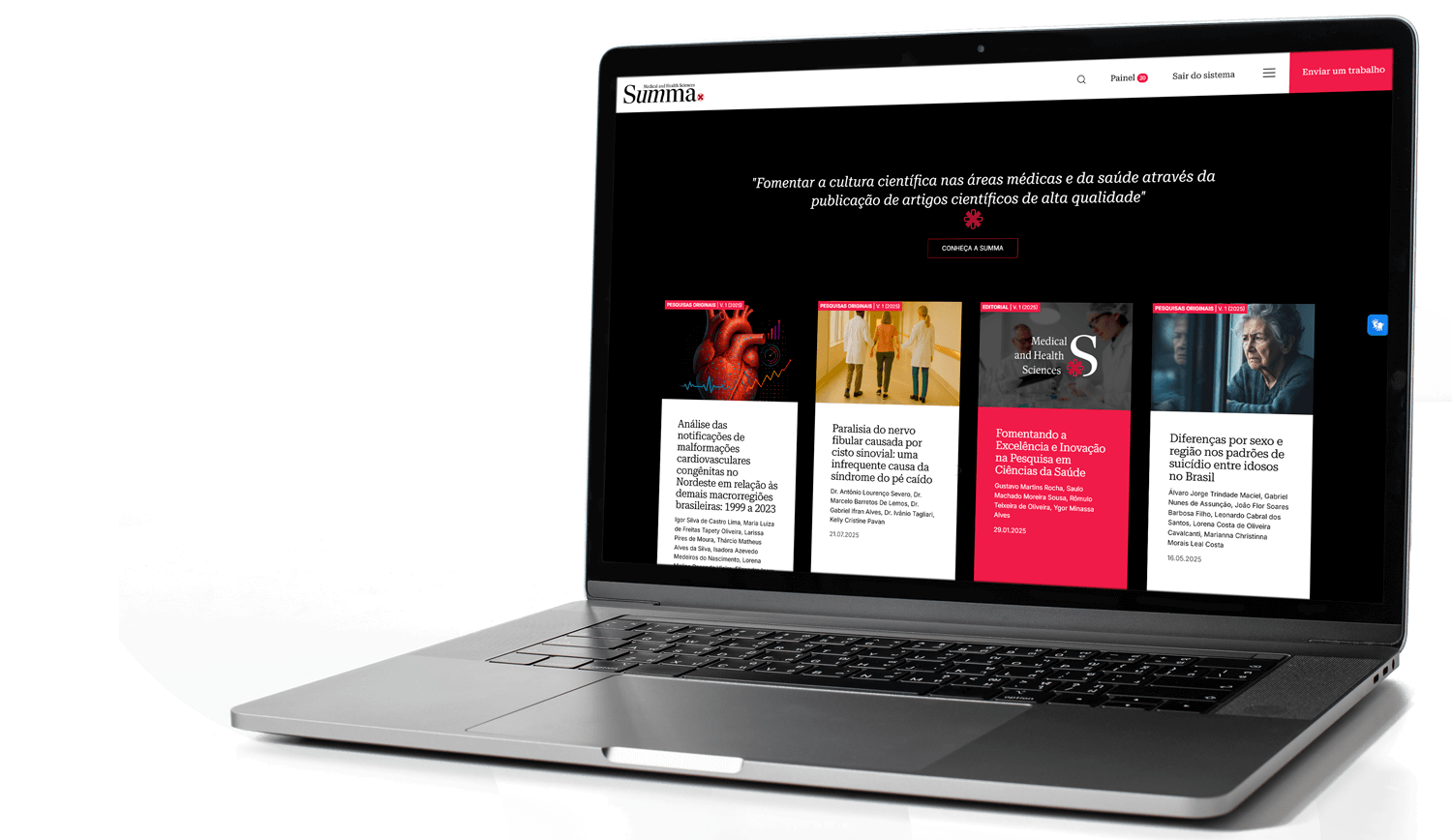
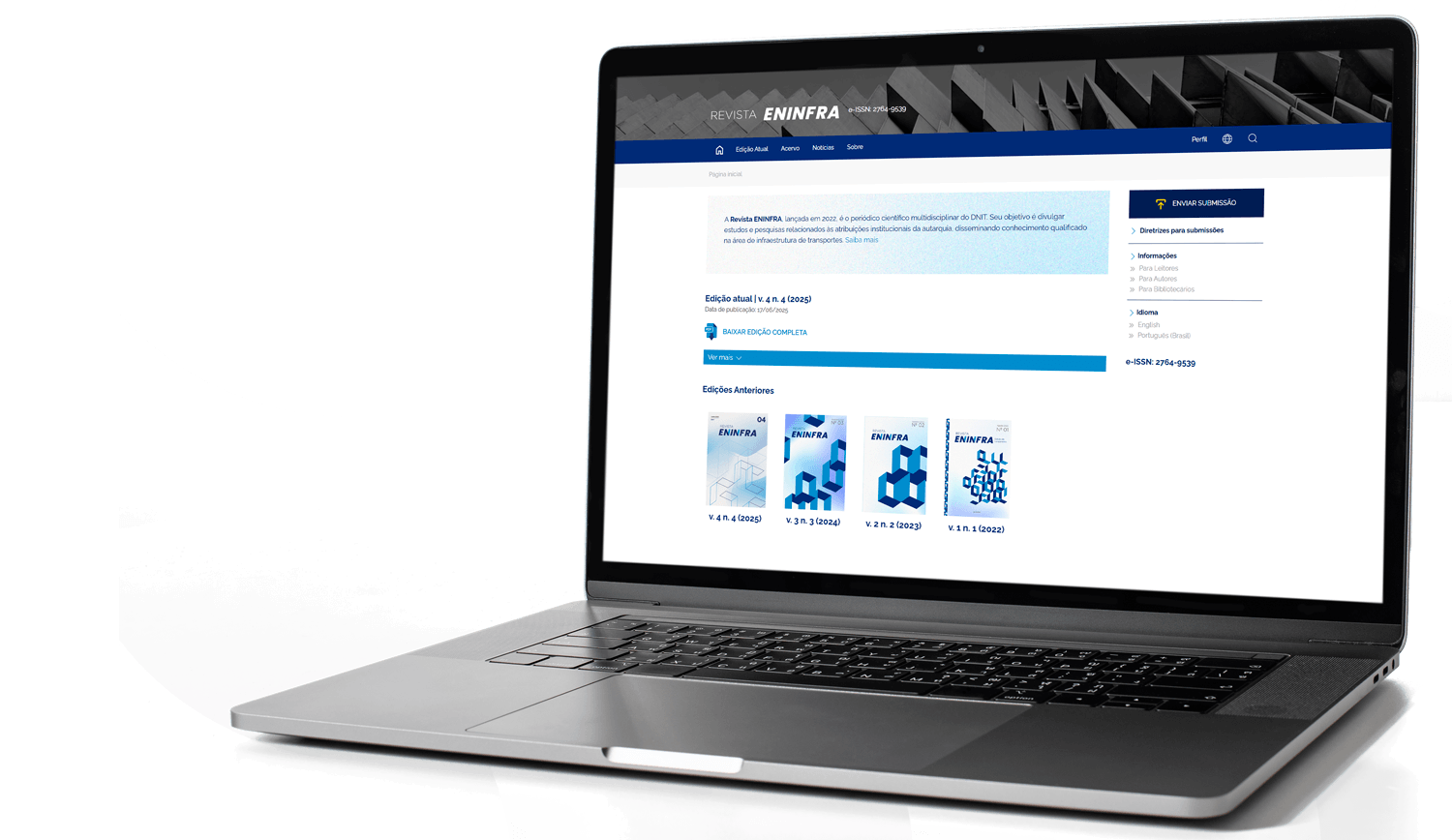
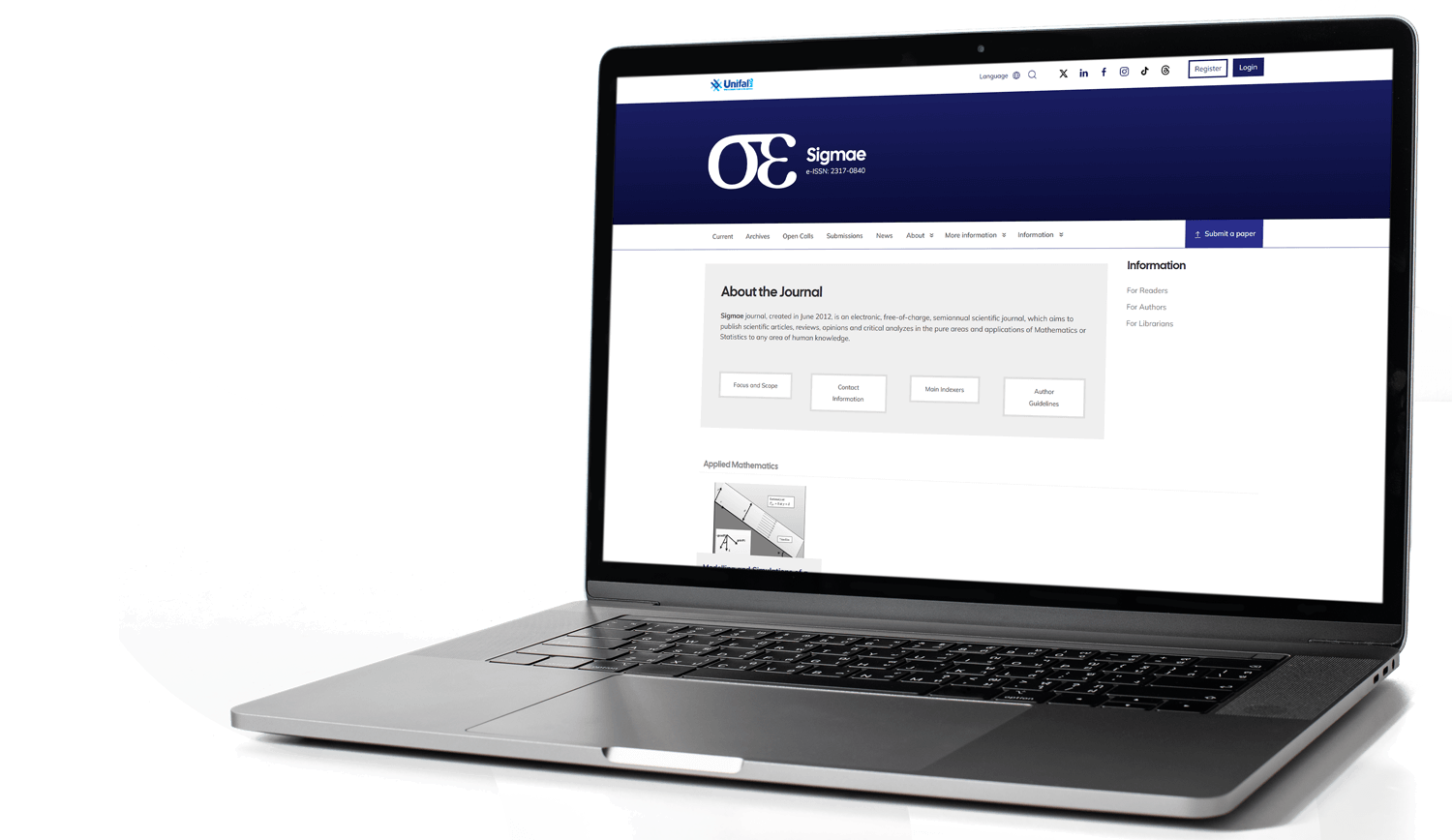

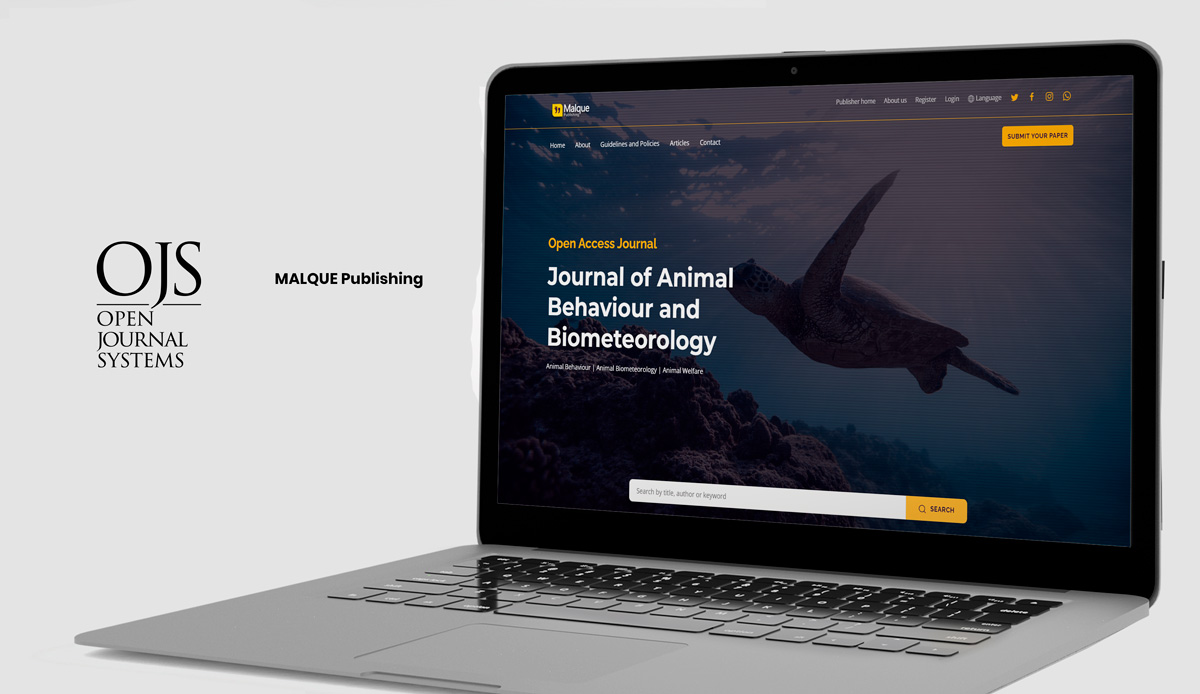
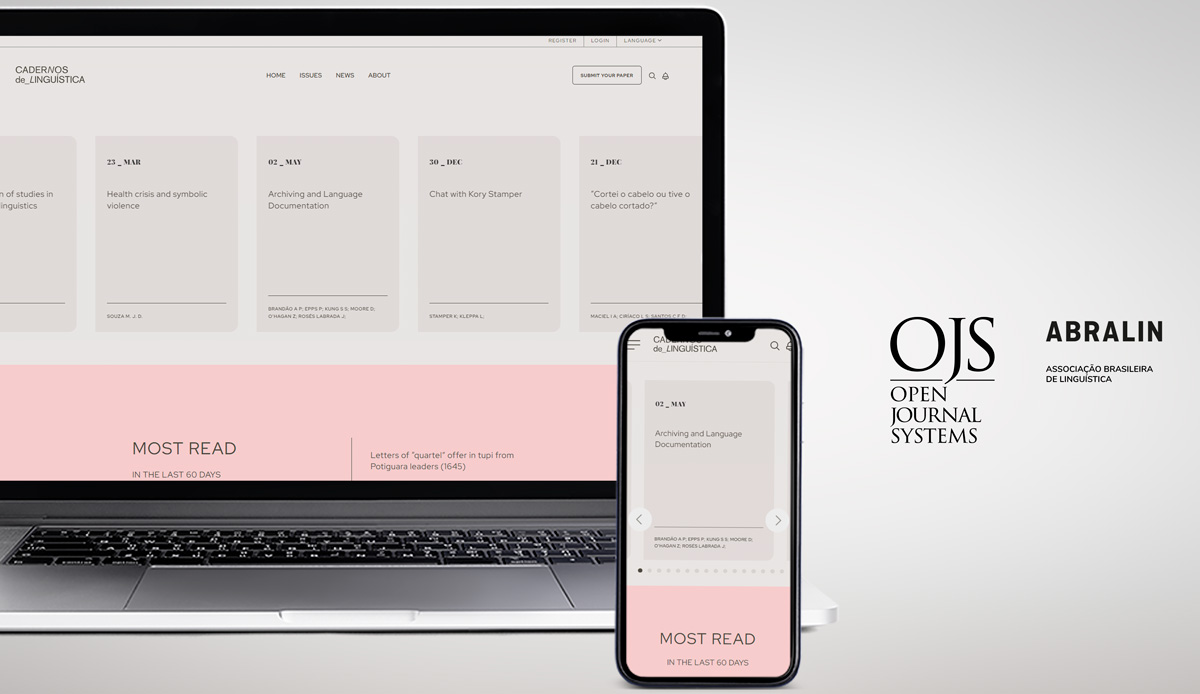

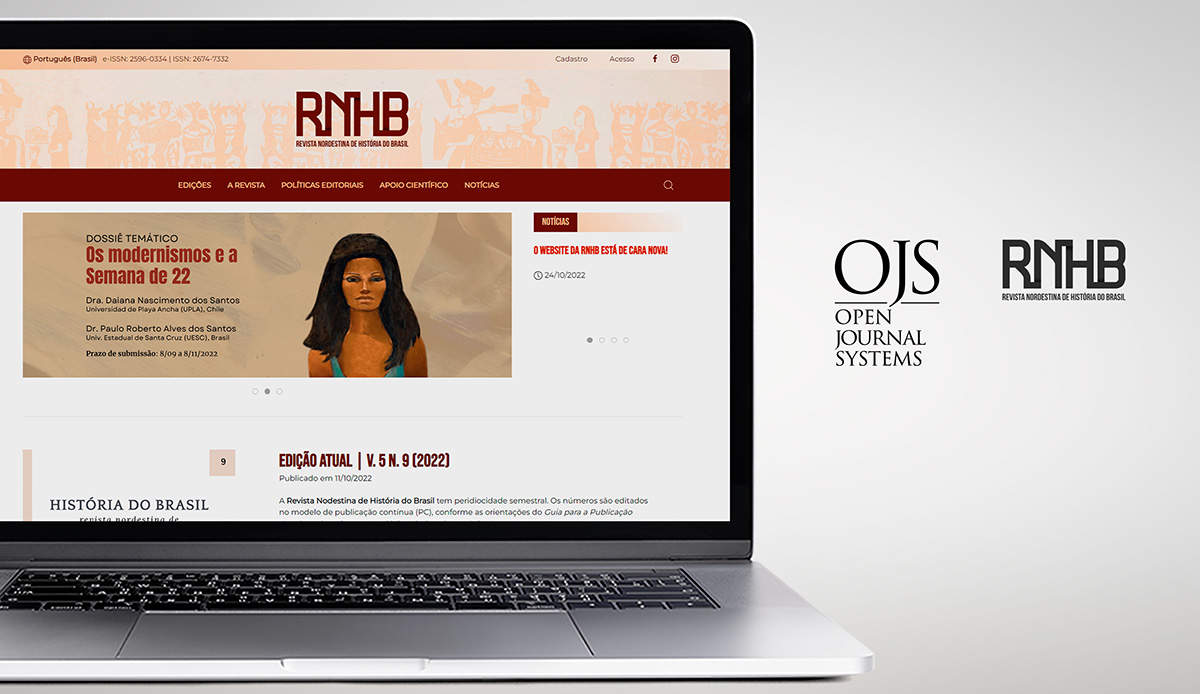

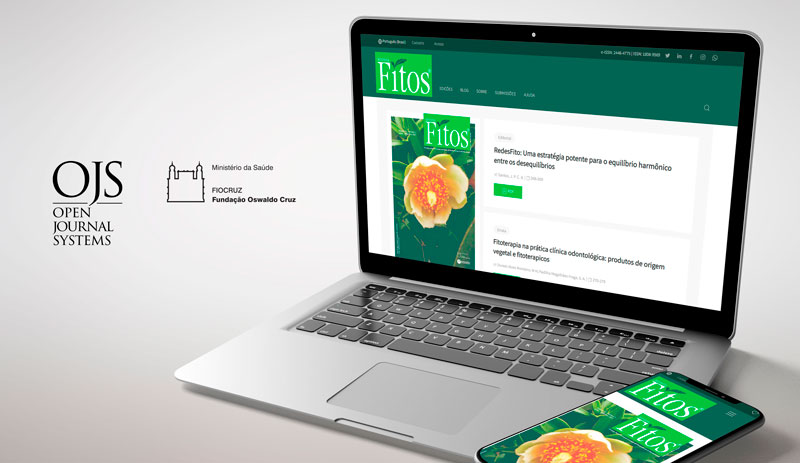

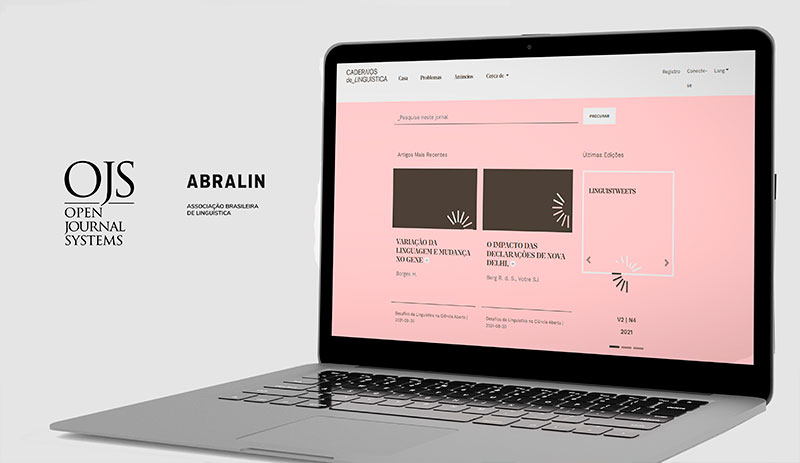














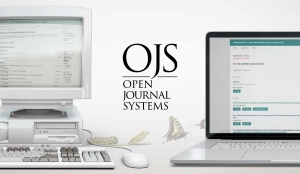
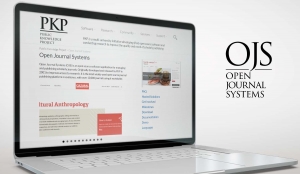




















































































































 4.9
4.9 